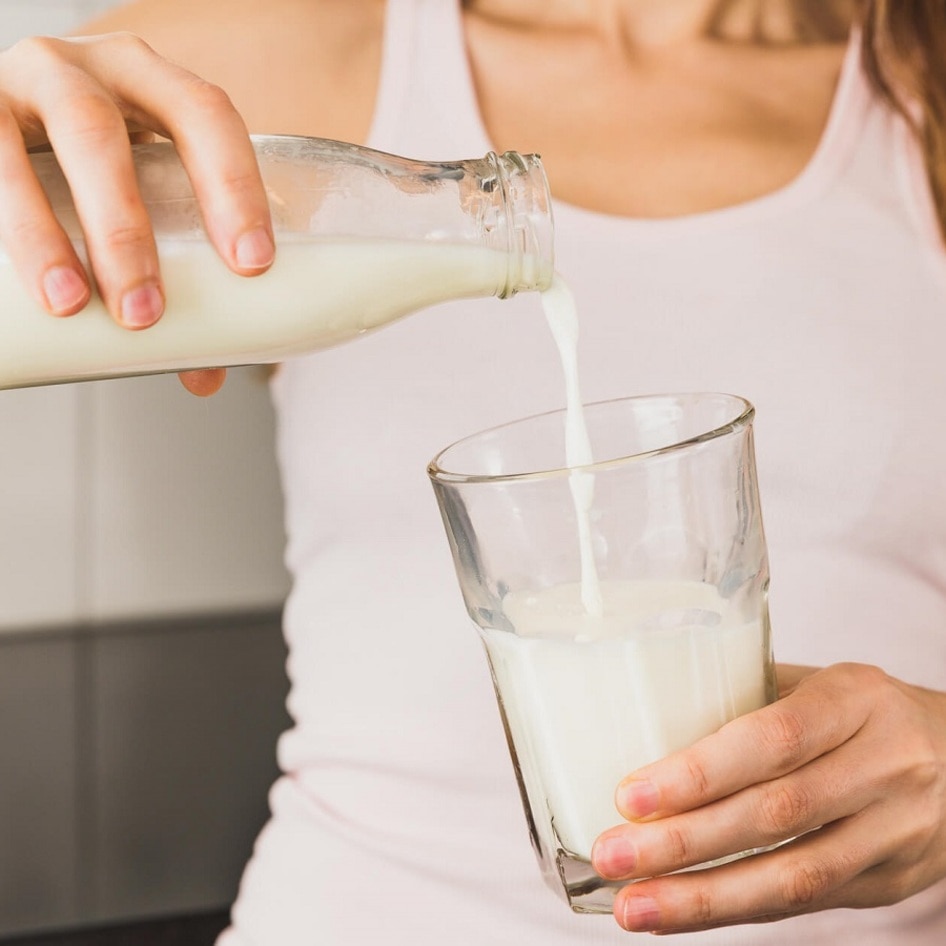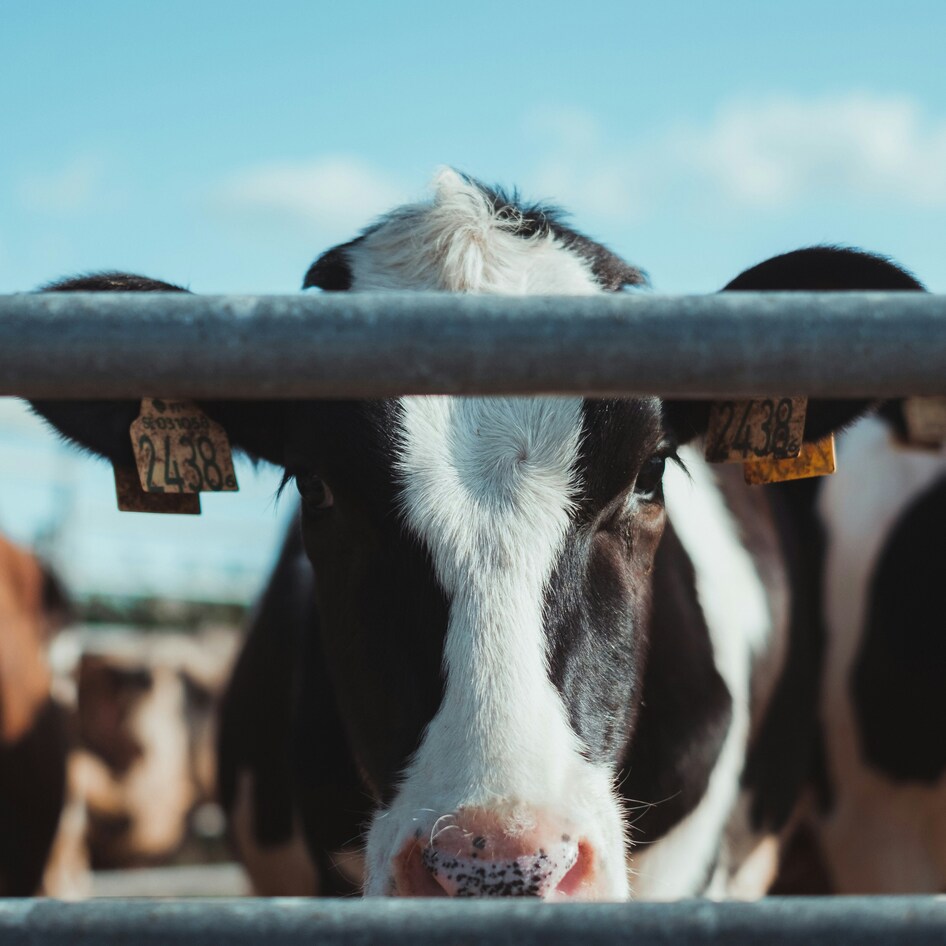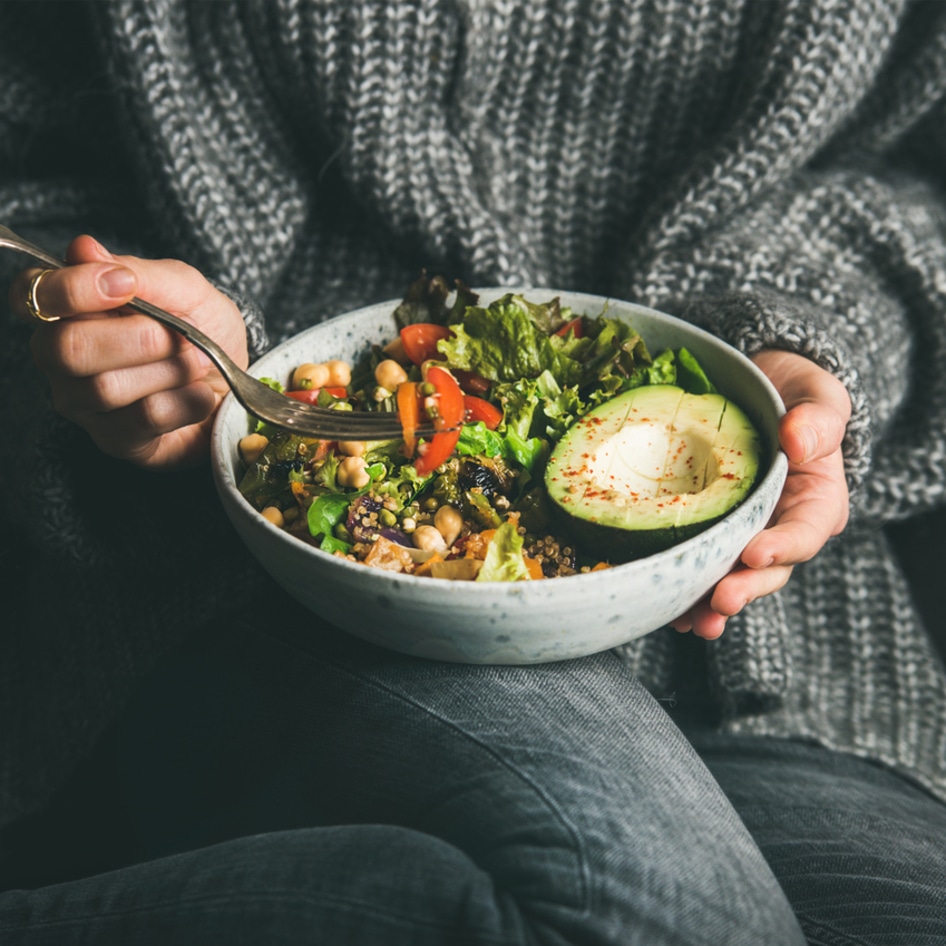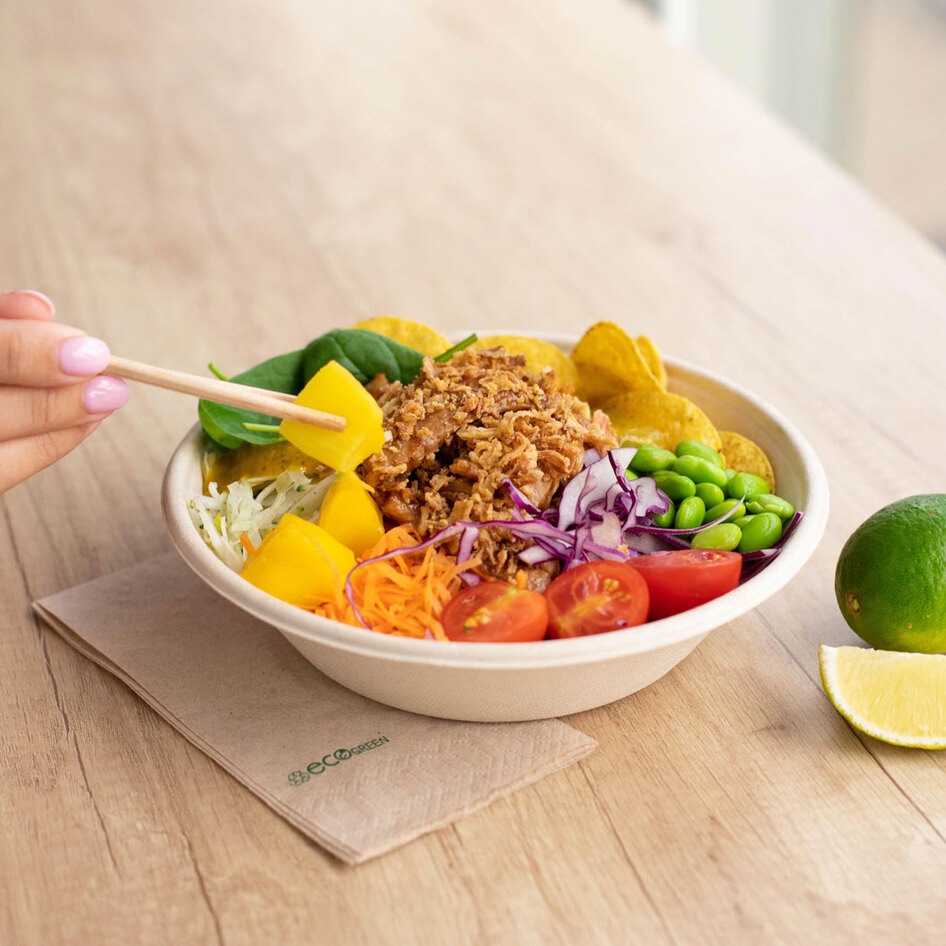Milk and Meat Bacteria Linked to Rheumatoid Arthritis
New research reveals a connection between consuming products tainted with cow manure and the development of rheumatoid arthritis.
February 4, 2018
Scientists at the University of Florida have discovered a link between Mycobacterium avium subspecies paratuberculosis (MAP)—a bacteria found in 50 percent of cows in the United States—and the risk of developing rheumatoid arthritis. The UCF study—published in scientific journal Frontiers in Cellular and Infection Microbiology last month—found that 40 percent of its 100 participants who had rheumatoid arthritis were also infected by MAP—which is spread through the consumption of milk and beef, along with produce treated with fertilizer from contaminated cows. Infectious-disease specialist Saleh Naser (who had previously found a similar link between MAP and Crohn’s disease) believes that this discovery can help identify the underlying cause of rheumatoid arthritis, which affects 1.3 million adults in the US. “We believe that individuals born with this genetic mutation and who are later exposed to MAP through consuming contaminated milk or meat from infected cattle are at a higher risk of developing rheumatoid arthritis,” Nasar said. The UCF research team is currently conducting further tests to determine if the link between MAP, rheumatoid arthritis, and Crohn’s disease exists across people from various geographical regions and ethnic backgrounds.
JUMP TO ... Latest News | Recipes | Guides | Health | Shop







